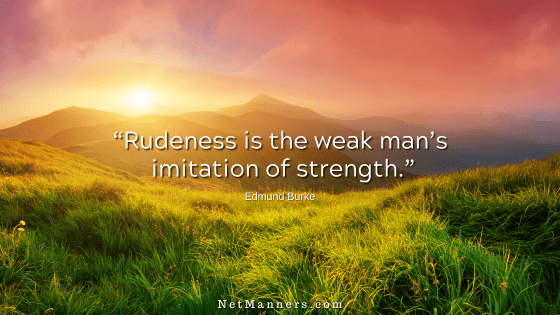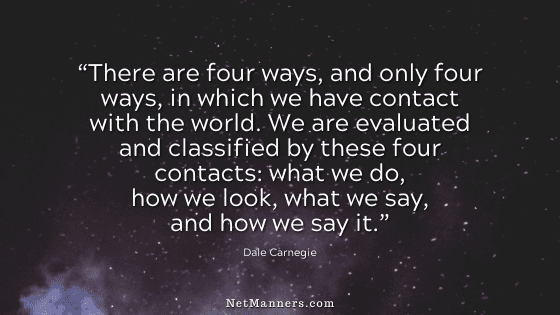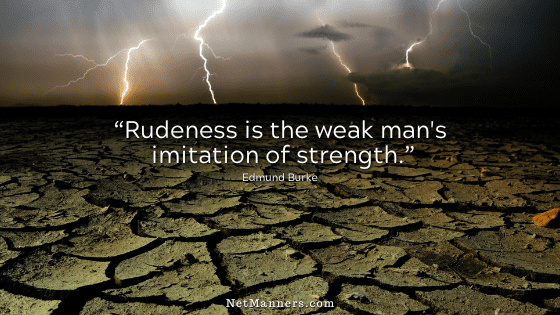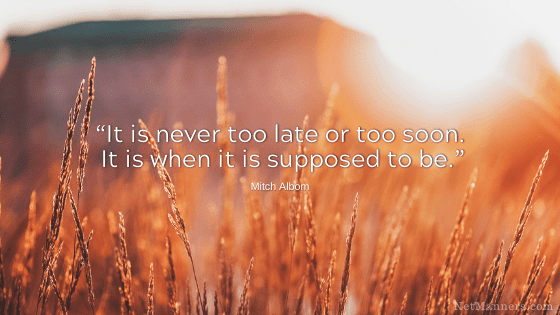Understanding Free Speech Rights Online

Free Speech and Discretion
Oh, how bold we are when safely hiding behind these screens! Who hasn’t experienced how accusatory, rude, arrogant, and belligerent some can be? These types of communicators are referred to as “keyboard warriors.”
Noun. keyboard warrior (plural keyboard warriors) (informal, derogatory) A person who behaves aggressively and/or in an inflammatory manner in online text-based discussion media, but at the same time does not behave similarly in real life, potentially due to cowardice, introversion or shyness.
Over the last month, I have received several somewhat mean emails from those who disliked something I wrote about on this site. They don’t know me, but that didn’t stop them from insinuating that they knew me well enough to know my motivations and what I “really meant.”
It was clear that they didn’t read the articles in question in their entirety or that, for some reason, my writings hit a soft spot. But rather than explain why they disagreed, they name-call.
I wonder if some frustrated onliner sent them to my articles to enlighten them. Then, let’s kill the messenger.
My Free Speech, My Free Speech
“I have the right to free ‘speach.'” Yes, this particular emailer didn’t even spell speech correctly. This claim is often offered without understanding its true implications. It is as though that statement alone is an excuse to type and say what one wants without consideration.
So, let’s address the right to free speech, shall we? Thanks to our wonderful schools, I regularly explain to uninformed emailers what the right of free speech, as our Constitution offers, actually entails.
Free speech online follows similar principles to those in other public forums but with some unique twists due to the nature of the internet. Free speech protects individuals’ rights to express themselves without government censorship. However, private companies and platforms that host most online spaces have their own rules and can enforce them as they see fit.
Now, let’s talk about how free speech applies online and where it may be limited:
Government Regulation vs. Private Platforms
Protected Speech vs. Unprotected Speech
Special Considerations for Social Media Algorithms
Algorithms play a significant role in determining what content we see. While this isn’t a free speech issue per se, it affects the visibility of speech and raises questions about fairness and bias. Platforms prioritize content based on engagement, which can limit the reach of certain types of speech in subtle ways.
Global Variability in Free Speech
Countries have different rules around speech. For instance, certain countries may limit online speech related to political dissent or religious expression, while others may have stricter laws on defamation and libel. Private companies must adapt to these local laws when operating globally, leading to varying levels of censorship or content moderation depending on the region.
In short, while individuals have significant freedom to express themselves online, this right is often tempered by platform policies, legal exceptions, and, in some cases, the impact of algorithms.
The United States Constitution
I’m in the United States, so our Constitution is my reference and what applies to me and every single person located here.
FIRST AMENDMENT: Congress shall make no law respecting an establishment of religion, or prohibiting the free exercise thereof; or abridging the freedom of speech, or of the press; or the right of the people peaceably to assemble, and to petition the Government for a redress of grievances.
While the government cannot infringe on your free speech, that doesn’t mean you can email anyone anything you like without expecting repercussions, consequences, or an adverse reaction because of your “freedom of speech.”
It also doesn’t mean you can threaten anyone in any way because you are free to type those words. Tell law enforcement that when they knock on your door.
Mature Adults Communicate
They don’t assume, accuse, attack, or insult.
When you have a difference of opinion, first, take a deep breath. Then, when you type out your message, always reference what you disagree with and state your points without threats, name-calling, or arrogant diatribe.
Mature adults agree to disagree.
Otherwise, know that folks like me who get emails from people like that will just shake our heads right before we hit the Delete button.






